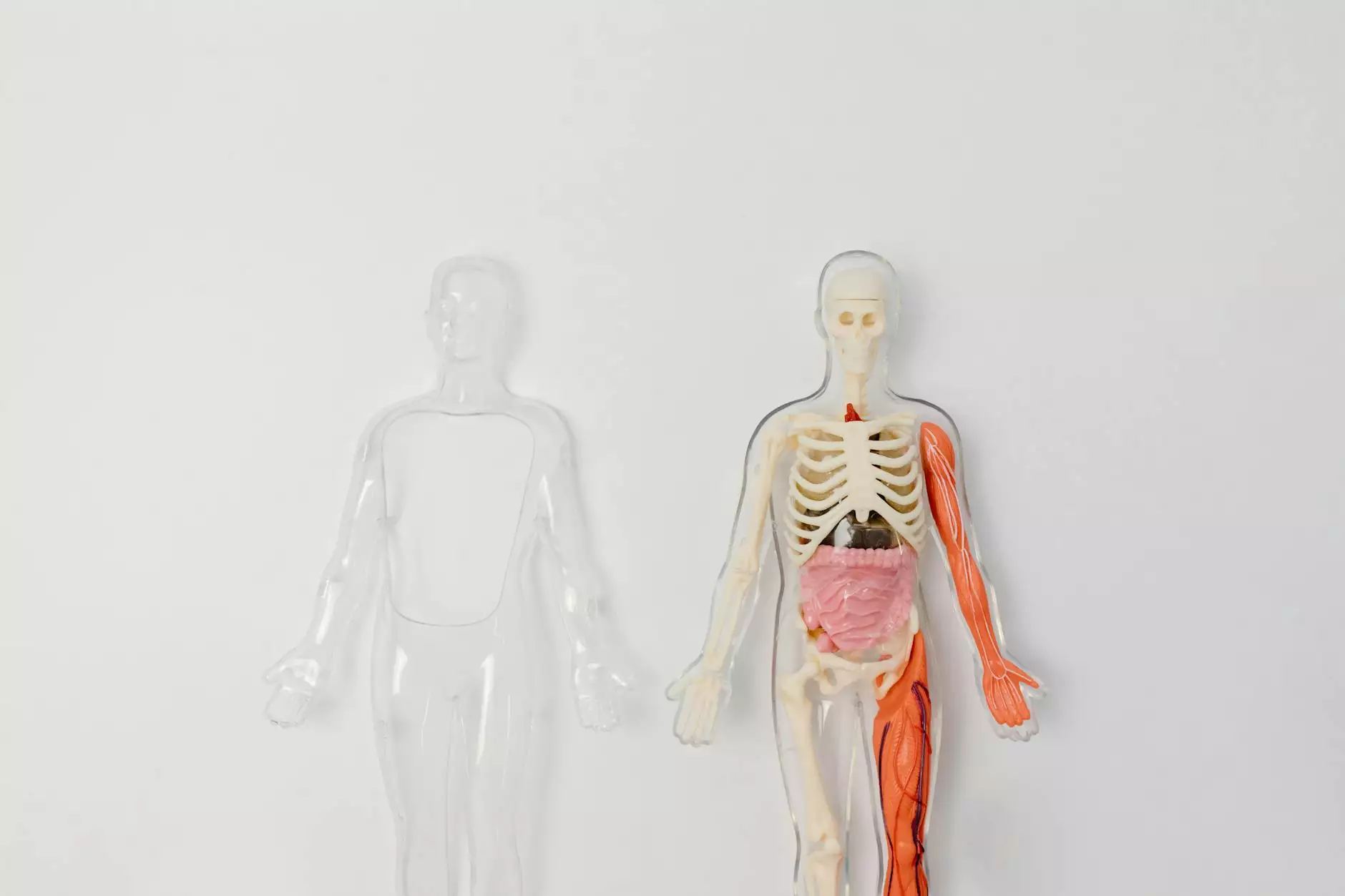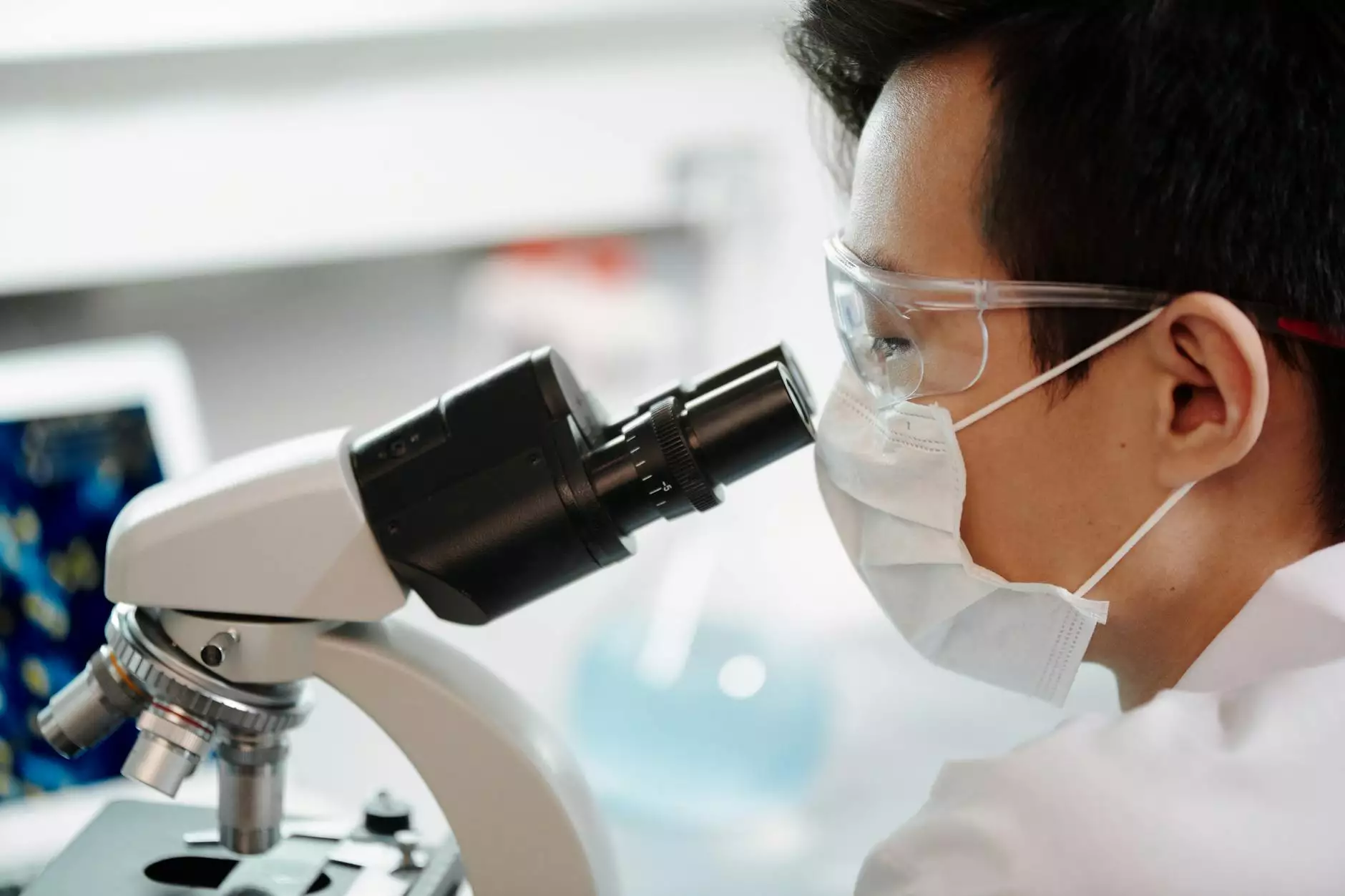Understanding Lung Cancer Screening: Essential Insights for Your Health & Wellness

In today’s fast-evolving medical landscape, early detection of serious health conditions is paramount to improving outcomes and saving lives. Among these conditions, lung cancer remains one of the most prevalent and deadly cancers worldwide. However, advancements in lung cancer screening techniques have empowered individuals and healthcare providers alike to identify potential issues at an earlier, more treatable stage.
Why Is Lung Cancer Screening Critical in Modern Healthcare?
Unlike many other cancers, lung cancer often remains asymptomatic until its later, more dangerous stages. This characteristic underscores the importance of proactive screening programs. Early detection through specialized screening methods significantly enhances the probability of successful treatment, reduces mortality rates, and contributes to overall public health safety.
At hellophysio.sg, a leading provider in Health & Medical, Sports Medicine, and Physical Therapy, integrating comprehensive screening strategies, including lung cancer screening, aligns with their mission to promote holistic health and early prevention. Understanding the nuances of lung cancer screening can serve as a vital step in safeguarding your health today and decades into the future.
What Is Lung Cancer Screening and Who Needs It?
Lung cancer screening involves specialized tests designed to detect early signs of lung cancer in asymptomatic individuals, particularly those at high risk. It is *not* a diagnostic test but a proactive measure to identify suspicious lung nodules or lesions that require further investigation.
Individuals most recommended for lung cancer screening include:
- Heavy smokers (smoking history of 30 pack-years or more)
- Current smokers or those who have quit within the past 15 years
- Individuals aged 55-80, based on specific guidelines such as the USPSTF recommendations
- People with significant exposure to environmental or occupational hazards like asbestos, radon, or chemicals
- Those with a family history of lung cancer or prior lung disease
Understanding these criteria can help you determine whether lung cancer screening is appropriate for your personal health profile.
The Main Techniques in Lung Cancer Screening
Advancements in medical imaging and diagnostics have made lung cancer screening highly effective. The two primary methods include:
- Low-Dose Computed Tomography (LDCT): This is the gold standard in lung cancer screening, providing detailed cross-sectional images of the lungs with minimal radiation exposure. LDCT can detect early tumors and lung nodules that are not visible on traditional X-rays.
- Chest X-ray: Historically used but now less favored because it has lower sensitivity in detecting small or early-stage lung cancers. However, it may be used alongside other tests based on individual cases.
At hellophysio.sg, our specialist clinics utilize state-of-the-art LDCT scanners to deliver accurate, swift, and minimally invasive screening services, ensuring the highest standards for early lung disease detection.
The Benefits of Early Detection Through Lung Cancer Screening
Engaging in routine lung cancer screening yields multiple life-enhancing benefits, including:
- Early diagnosis: Identifying lung cancer at an early stage greatly increases the chances of successful therapy and prolonged survival.
- Minimally invasive interventions: Early detection can lead to less aggressive treatments, preserving lung function and quality of life.
- Reduced mortality: Population studies have shown that screening can lower lung cancer-related deaths significantly.
- Enhanced peace of mind: Participants gain reassurance through proactive health management.
- Integration with lifestyle interventions: When combined with smoking cessation programs and other health initiatives, screening supports a comprehensive approach to lung health.
Addressing Common Myths and Concerns About Lung Cancer Screening
Despite the clear benefits, misconceptions may hinder individuals from seeking screening services. The most common myths include:
- Myth: Lung cancer screening is only for smokers.
- Fact: While heavy smokers are the main target, screening may be recommended for other high-risk groups based on individual health profiles.
- Myth: The procedure is painful or risky.
- Fact: LDCT is a quick, non-invasive procedure with a very low risk profile, primarily involving minimal radiation exposure.
- Myth: Finding nodules means cancer is certain.
- Fact: Many detected nodules are benign; further testing is required to confirm diagnosis.
How to Prepare for Your Lung Cancer Screening Appointment
Proper preparation can ensure accurate results. Key considerations include:
- Fasting: Usually not required, but confirm with your provider.
- Clothing: Wear comfortable, loose-fitting clothing without metal objects or zippers that might interfere with imaging.
- Medication: Continue your regular medications unless instructed otherwise.
- Medical history: Be prepared to discuss your smoking history, occupational exposures, and any previous lung health issues.
- Post-procedure planning: Arrange transportation, as the procedure is quick, but you might experience mild side effects like temporary discomfort.
Post-Screening Steps and Follow-Up Care
Interpreting your screening results is crucial. The different outcomes include:
- Negative result: No suspicious findings; routine screening schedule as recommended.
- Indeterminate nodules: Further testing or surveillance imaging may be needed.
- Suspicious findings: Biopsy or additional diagnostics are necessary to confirm diagnosis.
At hellophysio.sg, our multidisciplinary team collaborates with oncologists and pulmonologists to ensure seamless follow-up care for those requiring further investigation or treatment.
Integrating Lung Cancer Screening into Overall Health and Sports Medicine
While lung cancer screening might seem separate from sports medicine or physical therapy, a comprehensive approach to health recognizes the interconnectedness of respiratory health, physical vitality, and overall wellness. Improved lung health enhances athletic performance, supports recovery, and contributes to a more active and healthy lifestyle.
With our expertise at hellophysio.sg, clients can benefit from tailored physical therapy programs aimed at optimizing respiratory function and overall fitness, especially for those recovering from respiratory conditions or lung-related concerns.
The Future of Lung Cancer Screening and Personalized Medicine
Research continues to expand the capabilities of lung cancer screening, moving towards more personalized and precise interventions. Innovation includes:
- Artificial intelligence (AI) algorithms: Improving detection accuracy and reducing false positives.
- Biomarker identification: pinpointing specific molecular markers for even earlier detection.
- Integration with genetic profiling: Customizing screening strategies based on individual genetics and risk factors.
Incorporating these advancements into routine practice affirms the commitment of healthcare providers like hellophysio.sg to providing cutting-edge care that prioritizes patient safety and outcomes.
Conclusion: Take the First Step Towards Better Lung Health Today
Empowering yourself with knowledge and proactive health measures is the cornerstone of modern medicine. Lung cancer screening is a proven, vital tool for early detection, saving lives, and improving the quality of life for many at-risk individuals.
By working with experienced healthcare providers, investing in regular screening, and adopting healthy lifestyle choices—such as quitting smoking and maintaining physical activity—you can significantly influence your health trajectory.
At hellophysio.sg, we are dedicated to providing comprehensive health services that encompass prevention, early detection, and holistic physical wellness. Don’t wait—prioritize your lung health today and move toward a healthier, more active life.









